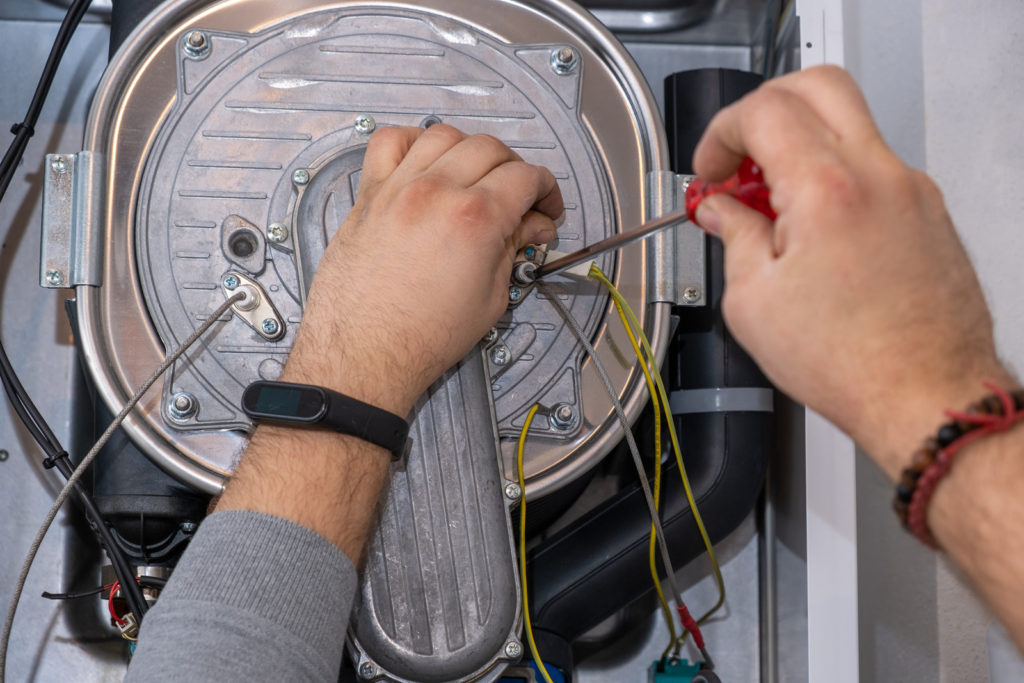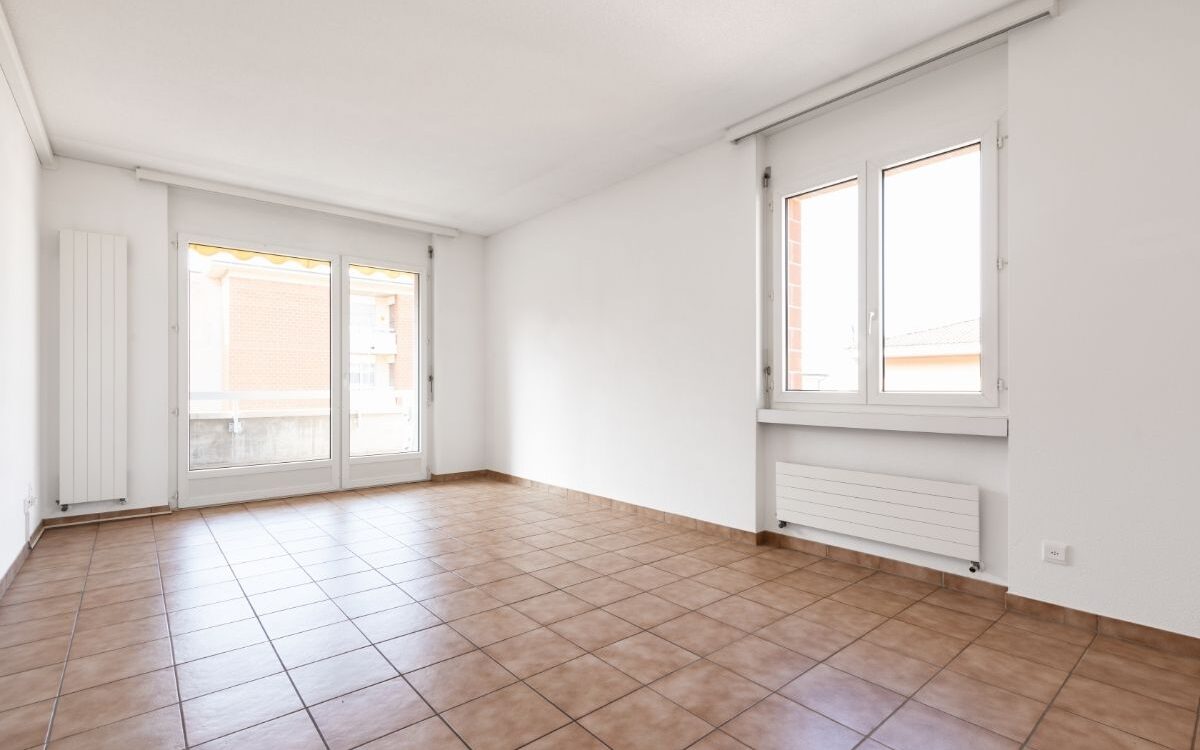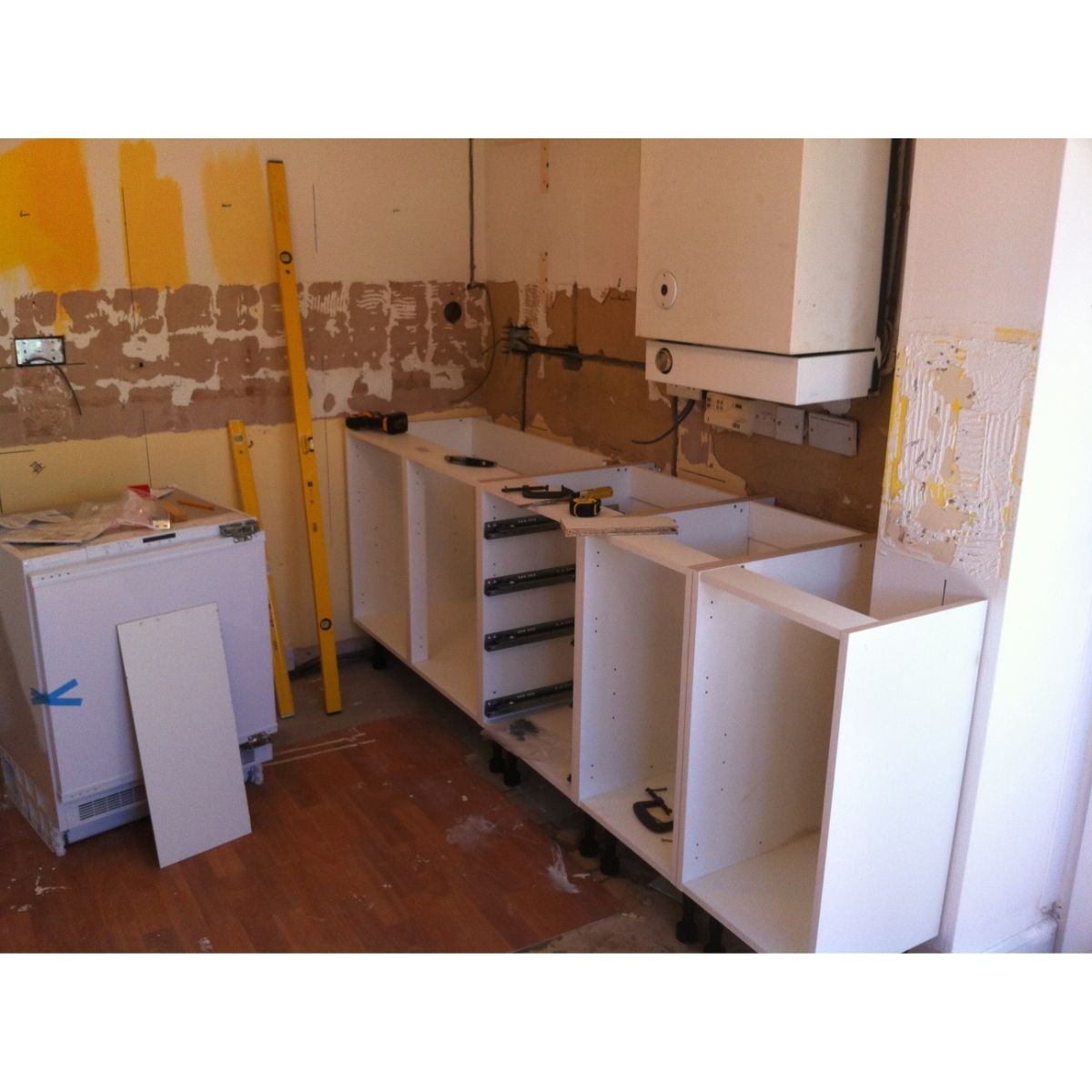
If you are planning to move your boiler, you may be wondering how much it’s going to cost. The cost of relocating a boiler can vary depending on several factors, such as the distance of the move, the complexity of the job, and the type of boiler you have. Therefore, it’s essential to get an accurate estimate before you start the relocation process.
According to the search results, the cost of relocating a boiler can range from £1,000 to £3,000, depending on the complexity of the job. This cost includes the removal of the old boiler, installation of the new one, and any necessary modifications to the pipework and electrical systems.
However, this is just an estimate, and the final cost may vary depending on your specific situation. It’s always best to get a quote from a qualified heating engineer to get a more accurate idea of how much it will cost to move your boiler.
Factors Affecting the Cost
When it comes to relocating your boiler, there are a few factors that can affect the overall cost. In this section, we’ll take a look at some of the main factors that can impact the cost of moving your boiler.
Boiler Type
The type of boiler you have will play a significant role in determining the cost of relocating it. For example, if you have a combi boiler, it will typically be more expensive to move than a conventional boiler. This is because combi boilers are more complex and require more work to relocate.
Distance
The distance that your boiler needs to be moved will also affect the cost. If you’re moving your boiler a short distance, the cost will be lower than if you’re moving it a long distance. This is because moving a boiler over a longer distance requires more time and effort.
Labour Costs
Labour costs will also play a significant role in determining the overall cost of moving your boiler. The amount you’ll pay for labour will depend on a few factors, including the complexity of the job, the experience of the tradesperson, and the location of your property.
Overall, the cost of relocating your boiler will depend on a range of factors, including the type of boiler you have, the distance it needs to be moved, and the cost of labour in your area. It’s important to get a quote from a qualified tradesperson to get an accurate idea of how much it will cost to move your boiler.
Cost Breakdown
Moving a boiler can be a complex and costly process. The cost of relocating a boiler can vary depending on several factors such as the type of boiler, its size, and the distance it needs to be moved. In this section, we will break down the costs involved in moving a boiler.
Removal Costs
Before a boiler can be moved, it needs to be disconnected and removed from its current location. The cost of removing a boiler can vary depending on the complexity of the job. On average, the cost of removing a boiler is around £500 to £800. This cost includes the labour costs of a qualified engineer and the disposal of the old boiler.
Installation Costs
Once the boiler has been removed, it needs to be installed in its new location. The cost of installing a boiler can vary depending on the complexity of the job. On average, the cost of installing a boiler is around £1,500 to £2,500. This cost includes the labour costs of a qualified engineer, the installation of new pipework if required, and any necessary modifications to the existing heating system.
Additional Costs
In addition to the removal and installation costs, there may be additional costs to consider. For example, if the new location of the boiler requires a new flue or a new gas supply, this will increase the overall cost of the relocation. On average, the cost of a new flue is around £300 to £500, and the cost of a new gas supply is around £500 to £1,000.
It is important to note that these costs are only estimates, and the actual cost of moving a boiler will depend on several factors. To get an accurate quote, it is recommended that you contact a qualified heating engineer who can assess your specific requirements and provide you with a detailed breakdown of the costs involved.
In summary, the cost of moving a boiler can vary depending on several factors. The removal costs, installation costs, and additional costs such as a new flue or gas supply should all be taken into consideration when budgeting for this type of project.
Why move a boiler?
The most common reasons for moving a boiler are to free up space, to make the room aesthetically better, to move it away from bedrooms because of noise or to shorten the distance to the bathroom for hot water speed. There are many other reasons to move a boiler and we look at what’s involved and how much it costs.
What’s involved in moving a boiler?
A typical boiler move involves disconnecting the gas, water, flue pipes and electrical wiring to the boiler; moving and fixing it to the new location along with new, possibly bigger pipework, electrical connections including controls and thermostats, and drilling the new hole for the flue pipe.
Also have to think about covering or redecorating the wall where the boiler was.
DIY vs Professional Moving
When it comes to moving your boiler, you have two options: DIY or professional moving. Both options have their advantages and disadvantages, and it’s important to consider them before making a decision.
DIY Moving
Moving your boiler yourself can save you money on labour costs, but it’s important to note that moving a boiler is not an easy task. You’ll need to have some plumbing and electrical knowledge, and you’ll need to ensure that you have the right tools and equipment.
If you decide to move your boiler yourself, here are some steps you’ll need to follow:
- Turn off the power and gas supply to your boiler
- Drain the water from your boiler
- Disconnect the pipes and electrical connections
- Move the boiler to its new location
- Reconnect the pipes and electrical connections
- Refill the boiler with water
- Turn on the power and gas supply to your boiler
It’s important to note that if you don’t have the necessary skills and experience, you could end up damaging your boiler or causing a gas leak. This could end up costing you more money in the long run.
Professional Moving
Hiring a professional to move your boiler is the safest and easiest option. A professional will have the necessary skills, experience, and equipment to move your boiler safely and efficiently.
When you hire a professional, they’ll take care of everything from disconnecting your boiler to reconnecting it in its new location. They’ll also ensure that your boiler is installed correctly and safely.
The cost of hiring a professional to move your boiler will depend on a number of factors, including the distance your boiler needs to be moved, the complexity of the job, and the company you choose to hire.
In general, hiring a professional can cost anywhere from £500 to £1,500 or more. While this may seem expensive, it’s important to remember that you’re paying for peace of mind and the assurance that your boiler will be moved safely and correctly

Why are boilers usually in the kitchen?
Boilers, especially combi boilers, are usually found in the kitchen for the convenience of both the homeowner and the engineer. For the user, the noise of the boiler won’t affect the household as much as in the bedroom it is closer to the kitchen tap for speedier hot water flow and is rectangular in shape like the cabinets.
For the engineer, the gas supply pipe normally needs to run into the kitchen anyway for the cooker and water pipes for the sink so this reduces the need for extra pipework.
Condensing combi boilers also need to discharge condensate so the drains are close by for this. Kitchens usually have external walls which is convenient for the flue pipe
Can old boilers be moved?
Old boilers can be moved but you will need to check whether replacements parts are still available should something break while moving. Components and flues in old boilers can break easily and on many occasions, it may be better to either leave the boiler where it is or buy a brand new boiler for the location you want it in.
*The information in this article should be used for general guidance only and not as financial advice. Full details are on the link in the footer to our disclaimer page. Always discuss your requirements with a competent and suitably qualified professional before undertaking any work.

